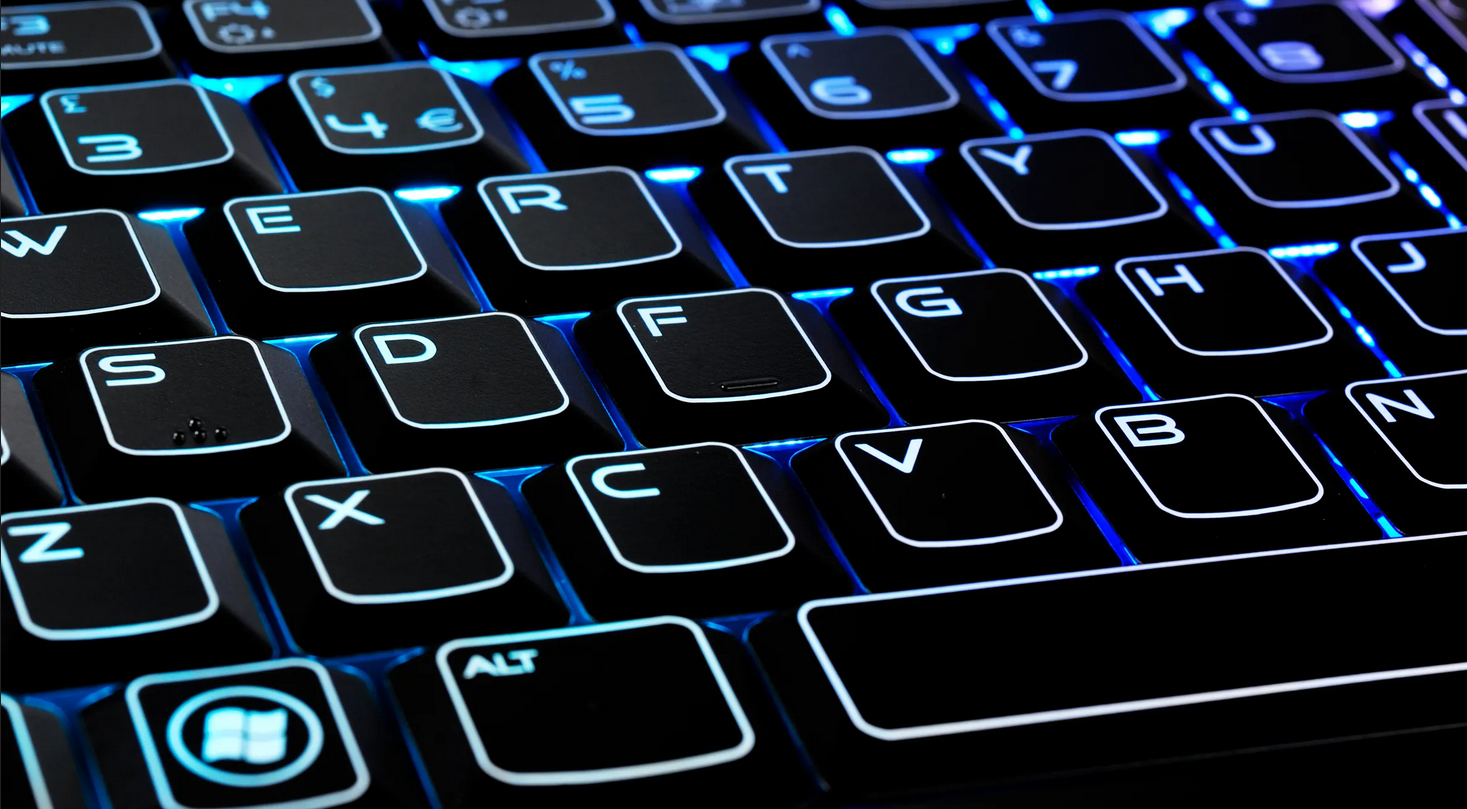Researchers trained a deep learning AI model to “listen” to its keyboard keys computer with up to 95% accuracy.
Although there is room for improvement, the basic engine has artificial intelligence that “listens” to the keys of a computer keyboard using conventional microphones, for example a modern smartphone, and records the keystrokes.

Researchers Joshua Harison, Ehsan Toreini and Maryam Mehrnezhad published the research paper A Practical Deep Learning-Based Acoustic Side Channel Attack on Keyboards (PDF) this week.
To prove the theory, the researchers trained an AI model on a MacBook Pro. This was done by pressing the keyboard keys multiple times so that the AI could learn the different key sounds. They analyzed the waveforms of the sounds of each of the keys pressed and noticed that each keystroke had a unique waveform.
After being trained, the AI was able to recognize keystrokes with 95% accuracy on test MacBook Pro device using a conventional smartphone microphone. The researchers report that accuracy would drop to 93% if the training was done via Zoom, and that it would drop even further when using VOIP to record the sounds.
The model supports local and remote espionage provided that there is some device that captures the target's keystrokes and that it is properly trained. One of the main drawbacks of a potential attack is that the learned AI model needs to be trained on individual keyboards to be able to detect the keys accurately.
Also, the attack works best when using mechanical keyboards or other noisy keyboards. Less works better when using quieter keyboards than a target.
Researchers say malicious users could use AI in targeted attacks to obtain passwords access and other sensitive information, for example during video calls.
Attacks using the described AI model to detect keystrokes using audio devices should not concern you at this time. Although there is a possibility attacks on high-value targets, large-scale attacks do not seem feasible at this time.





